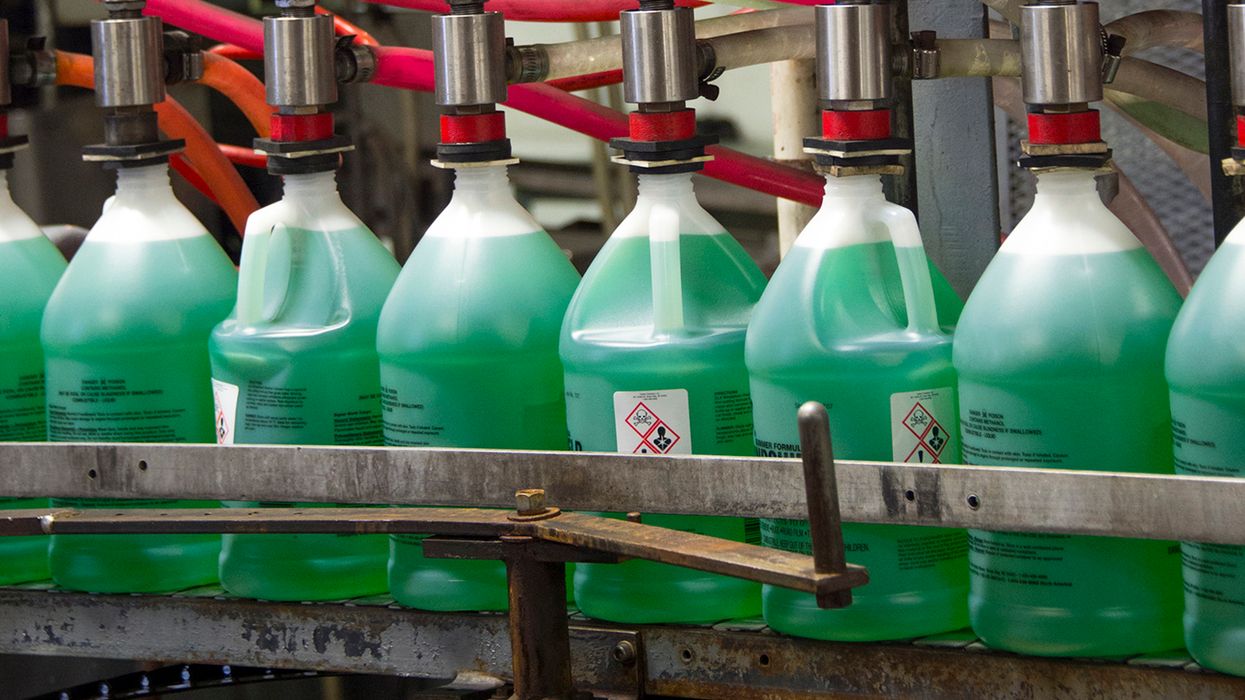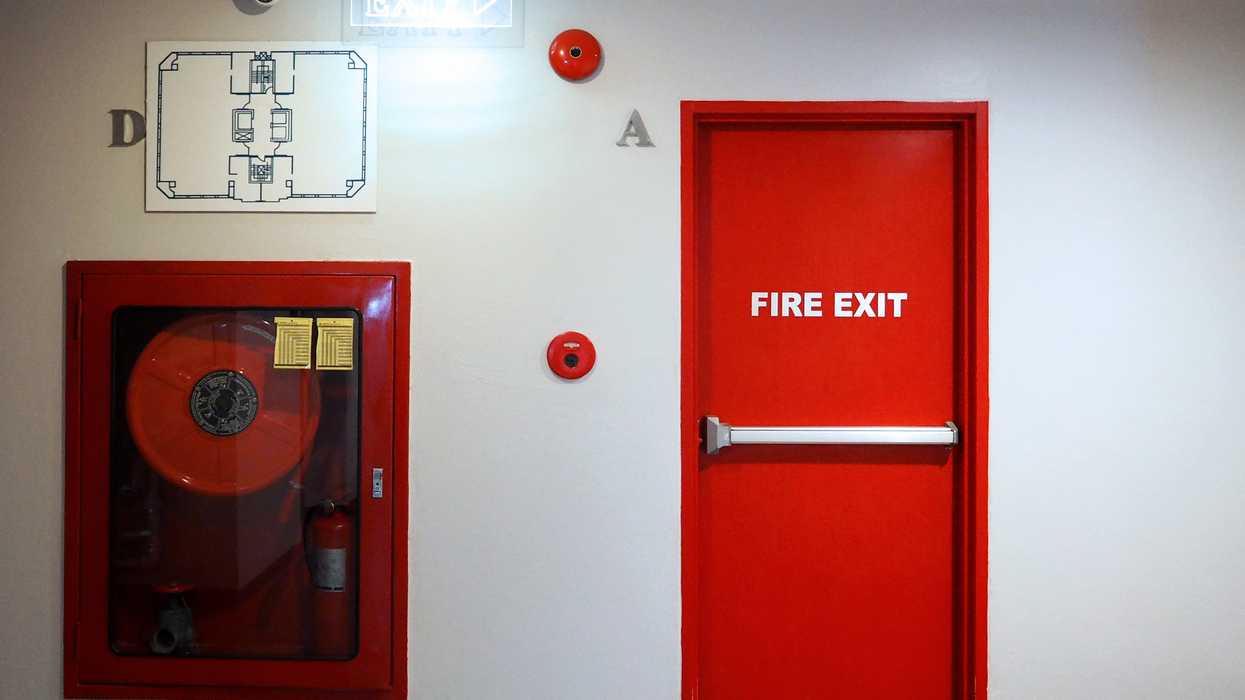How to get chosen for an IFTA audit (Hint: It’s not always random)
Under the International Fuel Tax Agreement (IFTA), jurisdictions must audit three percent of their accounts each year. Of those:
- At least 15 percent involve low-distance accounts, and
- At least 25 percent involve high-distance accounts.
Aside from random selection or being in one of the high or low distance categories, several other factors can get you noticed. But these factors are within your control, so there are ways to avoid them as well.
Late returns
Late returns can indicate a disregard for the requirements, including recordkeeping and filing deadlines. If a carrier consistently files late, auditors may visit to check that internal processes are in place and effective.
To avoid waving this red flag, don’t wait until the last minute to file returns.
Amended returns
Multiple amended returns can indicate:
- Flaws or errors in your recordkeeping system, or
- Weaknesses in data entry or trip and fuel data collection processes.
To avoid this red flag, complete returns right the first time. Avoid common mistakes, including:
- Missing or gap miles,
- Missing or illegible fuel receipts, and
- Missing information on the driver trip report.
Also, be sure to:
- Investigate units with no activity,
- Check routes on trip reports for distance accuracy, and
- Review trip reports for errant listings (for example, CA instead of GA).
Fluctuating mpg, fuel purchases, or consumption
Significant quarterly fluctuations in miles per gallon (mpg) and fuel use can be suspicious. To avoid this red flag:
- Double-check big changes in mpg,
- Verify dates and amounts from all fuel receipts for the reporting period, and
- Ensure that you count only fuel that’s placed into IFTA vehicles (and not fuel that’s used in non-IFTA vehicles or equipment).
High mpg
Auditors may check your vehicle registrations to identify vehicle sizes and verify reasonable mpg for those vehicles. For example, a truck registered at 80,000 pounds and reported under IFTA as getting 17 mpg would be suspicious.
To avoid this red flag, check your mpg calculations. Average fleet mpg should be between 2 and 8 to avoid raising red flags to auditors.
Large refunds
Frequent large refunds are a big red flag. To avoid this, be sure you are entitled to the refunds you are receiving:
- Maintain detailed documentation. To count as tax-paid fuel purchases, records must show that the tax was paid when the fuel was purchased; and
- Verify dates and amounts from all fuel receipts to ensure they are included in the correct reporting period.
Closing the account
Some jurisdictions perform audits on all carriers that close their accounts. Plus, jurisdictions regularly share information about suspended/revoked licenses and closed accounts with each other and with roadside enforcement. This is done to ensure that:
- A carrier revoked in one jurisdiction does not receive a license in another, and
- A carrier with revoked/suspended/canceled license or closed account is not continuing operations.
To avoid this red flag:
- Maintain all records for required retention periods, and
- Purchase temporary fuel permits for any covered operations that occur after closing your account.
Key to remember: Random selection may bring an auditor to your door. Controlling the factors within your control can help you avoid drawing extra, unwanted attention.























































